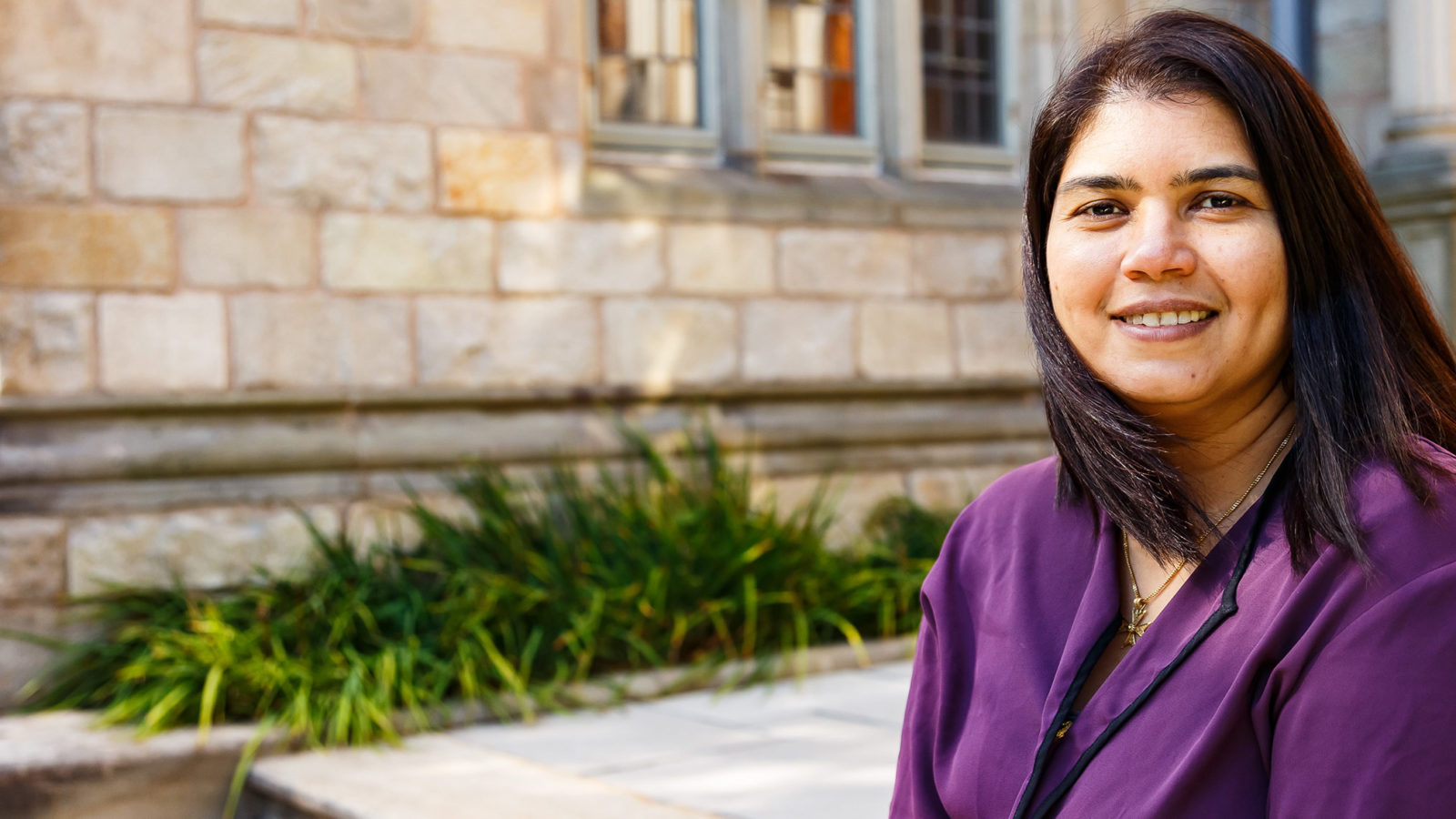May 2020
In 2012, I found myself at a crossroad. The airline I worked with went through a financial downturn and eventually shut, I was looking for a change in career and also was ready to “pay it forward”. I wanted to work on women’s rights but didn’t know exactly what to focus on. The impetus was when Jyoti Singh was gang raped on a bus in Delhi. I felt compelled to do something which would bring long term change. This led to launching Safecity, a crowdmap for sexual violence in public spaces. We encourage survivors to share their stories anonymously and the data gets plotted on a map, so we can understand patterns and trends at the hyper-local level. Over the years we have used the data which comprises of over 12500 stories to engage over 700,000 people – citizens, police, railway authorities, educational institutions and civic officials. Data is the starting point for dialogue and decision making.
The forced confinement has amplified private space violence – within homes and on the internet. These existed earlier but has been aggravated because people are now confined to homes with no recourse to help or an ability to leave. We have started mapping domestic violence, cyber bullying on our crowdmap and have hosted several knowledge cafes to help people understand these forms of violence and remedial measures available better. We have also started SafeCircle, a safe online space for survivors to connect, share and learn from each other.
The fellowship was a gift as it gave me a chance to pause, recover my energy and strategize for the future. First of all, my amazing peers were incredible and we are lifelong friends. Sharing knowledge and knowing they have my back is a great comfort to me. I learned a lot at Yale by observing, having conversations, attending lectures and just immersing myself in the student life of being curious and open. I also had an opportunity to test several ideas which I am now activating. For example, I am in the process of recording a podcast series, beliEVE which focuses on the personal and professional journeys of women trendsetters in India. This is an extension of Amazing Grace, a Facebook live series I did with my peers at Yale. We are also upgrading our app based on some of the conversations I had at Yale. Two years on, I am extremely grateful for that opportunity.
Aviation has always been at the forefront of change. It is an incredible industry and very dynamic. I am looking forward to see how airlines, airports and the industry adapt to the pandemic. There certainly will be changes in various procedures from a passenger point of view at the airline and airport, but am looking to see what changes aircraft manufacturers introduce as well as carriage and handling of goods and baggage. I am confident that the industry will not only bounce back, but in many ways set the protocols for the way we live and travel.
I believe that change begins at home and should be at the smallest unit possible. My mantra is Be the Change you wish to see. Therefore, my first inspiration was and is my mother as she is resilient, persevering and resourceful. She has not had an easy life and I have keenly observed how she has handled adversity and prosperity. Apart from that, I admire many and draw from their strengths. Hillary Clinton stands out because she used her voice to amplify others. By declaring Women’s Rights are Human Rights and Human Rights are Women’s Rights, she placed gender on the agenda and set the ball rolling for accelerated change. Imagine if every leader did that, the world would be a much nicer, safer, equal and inclusive space.

